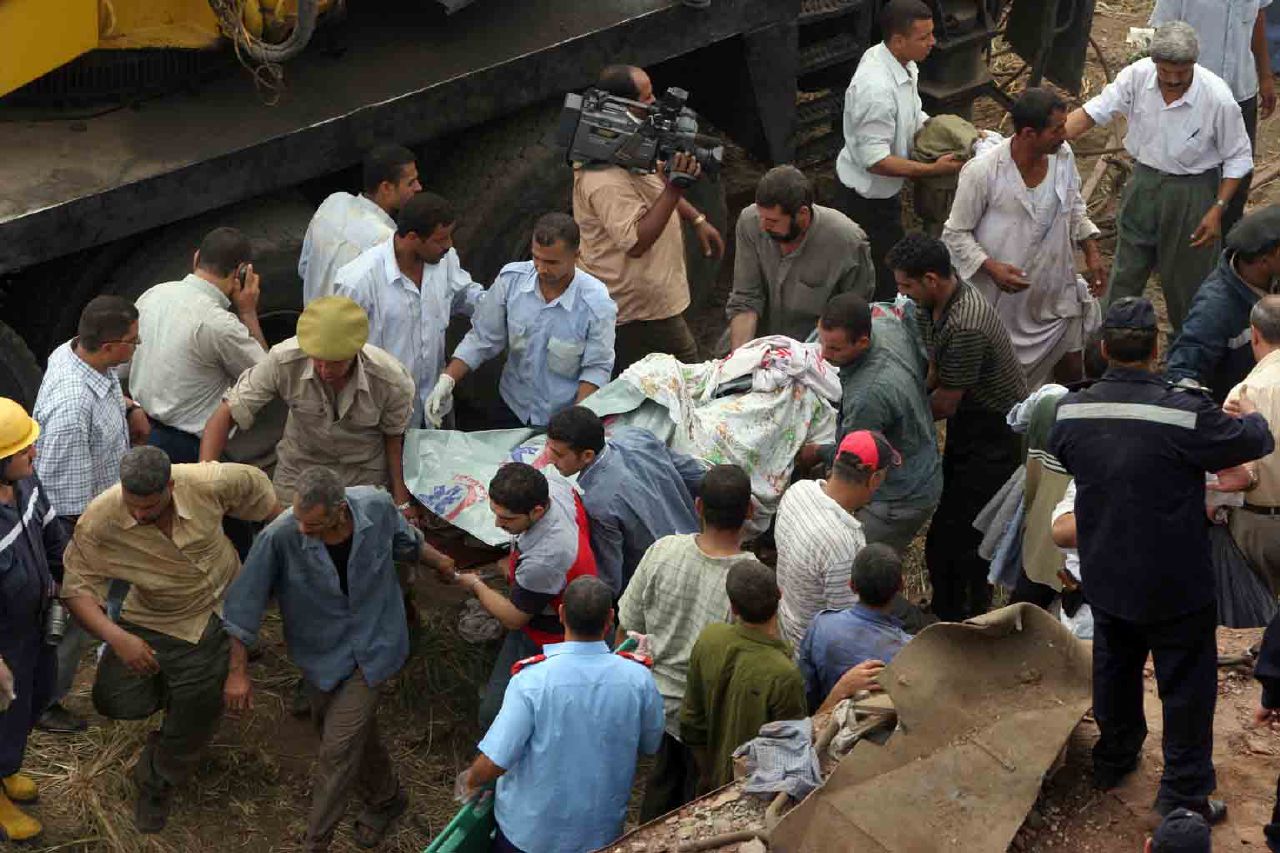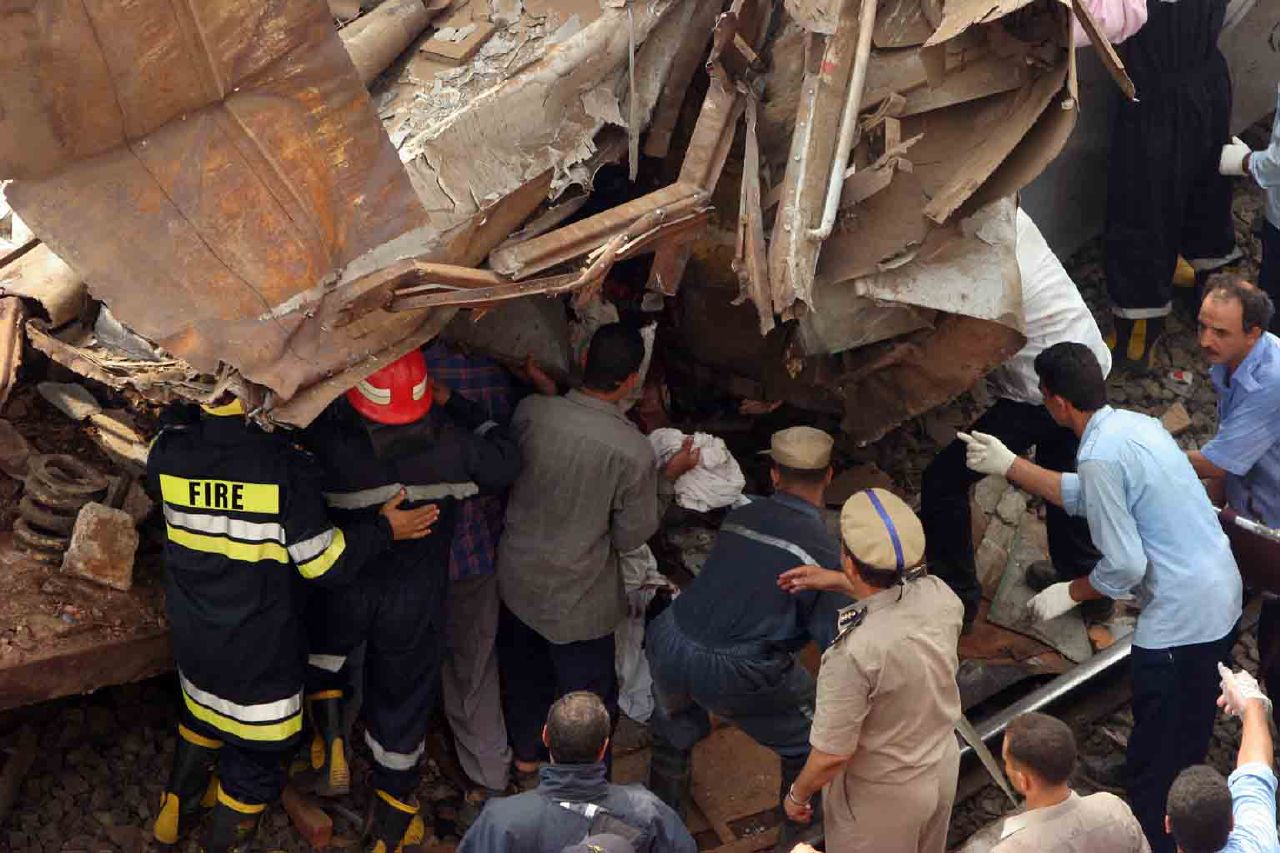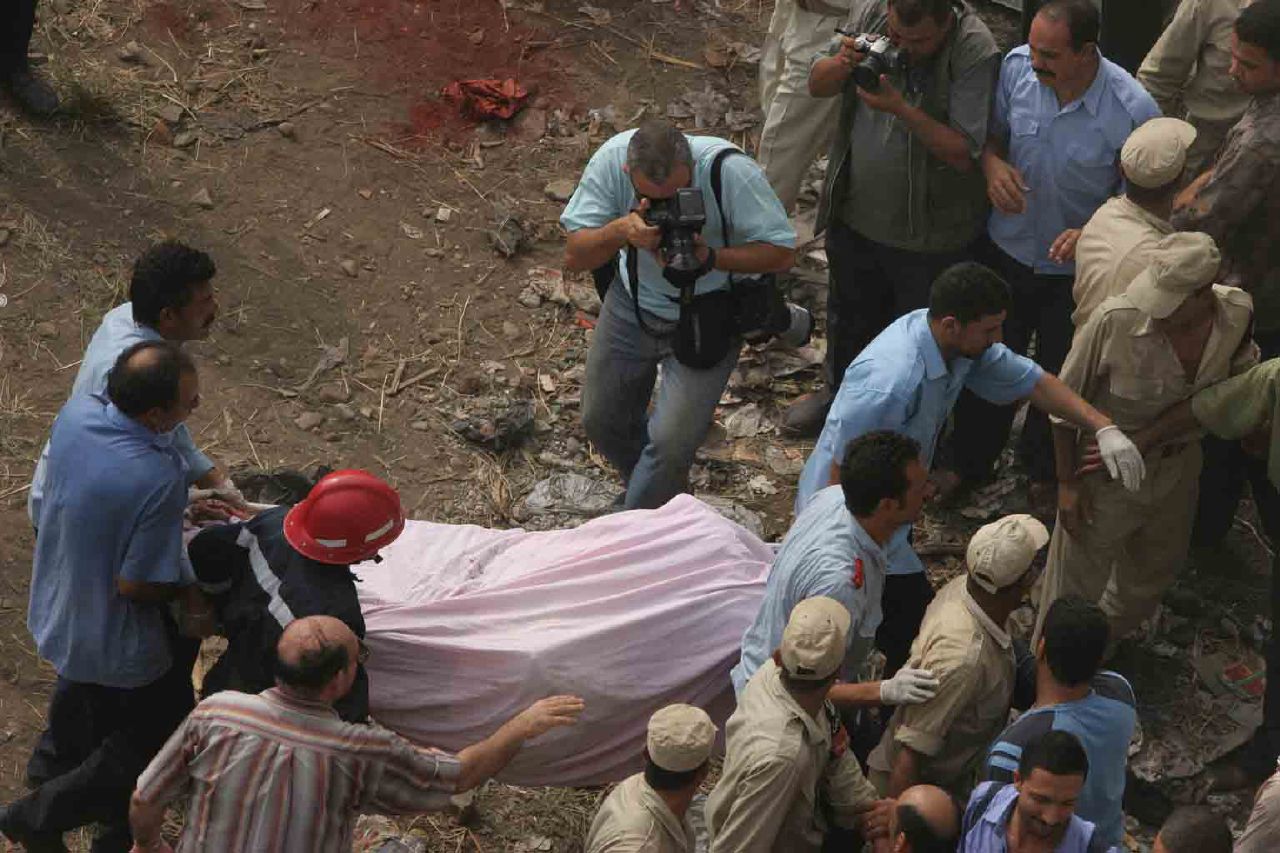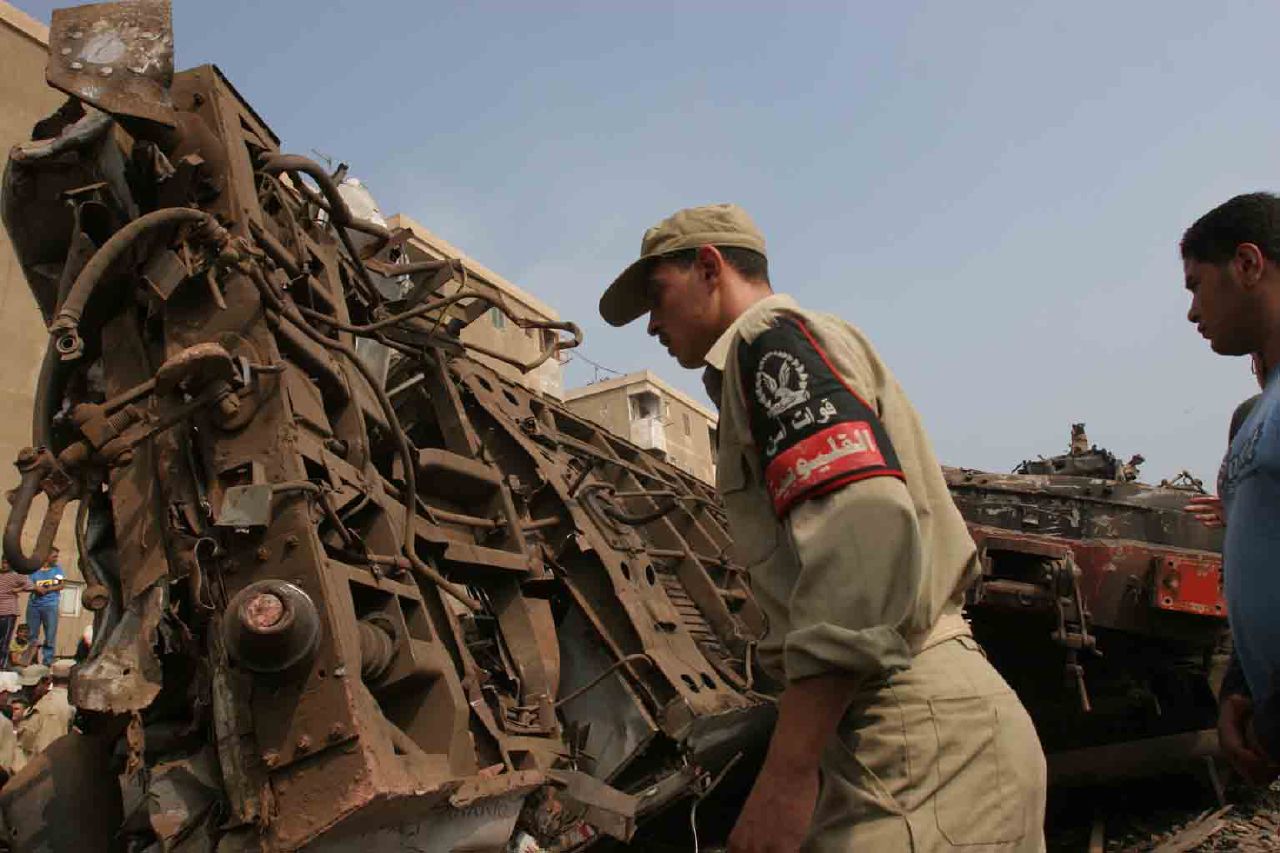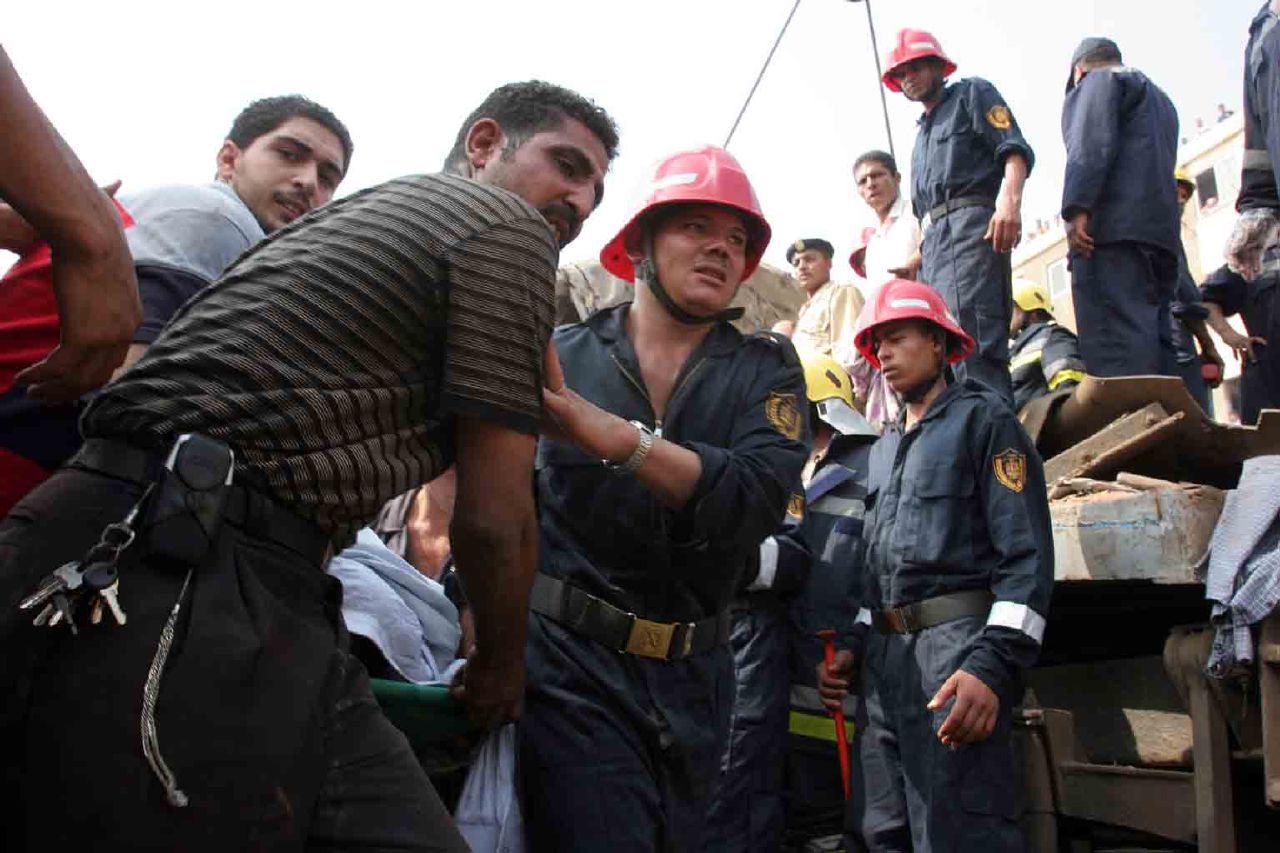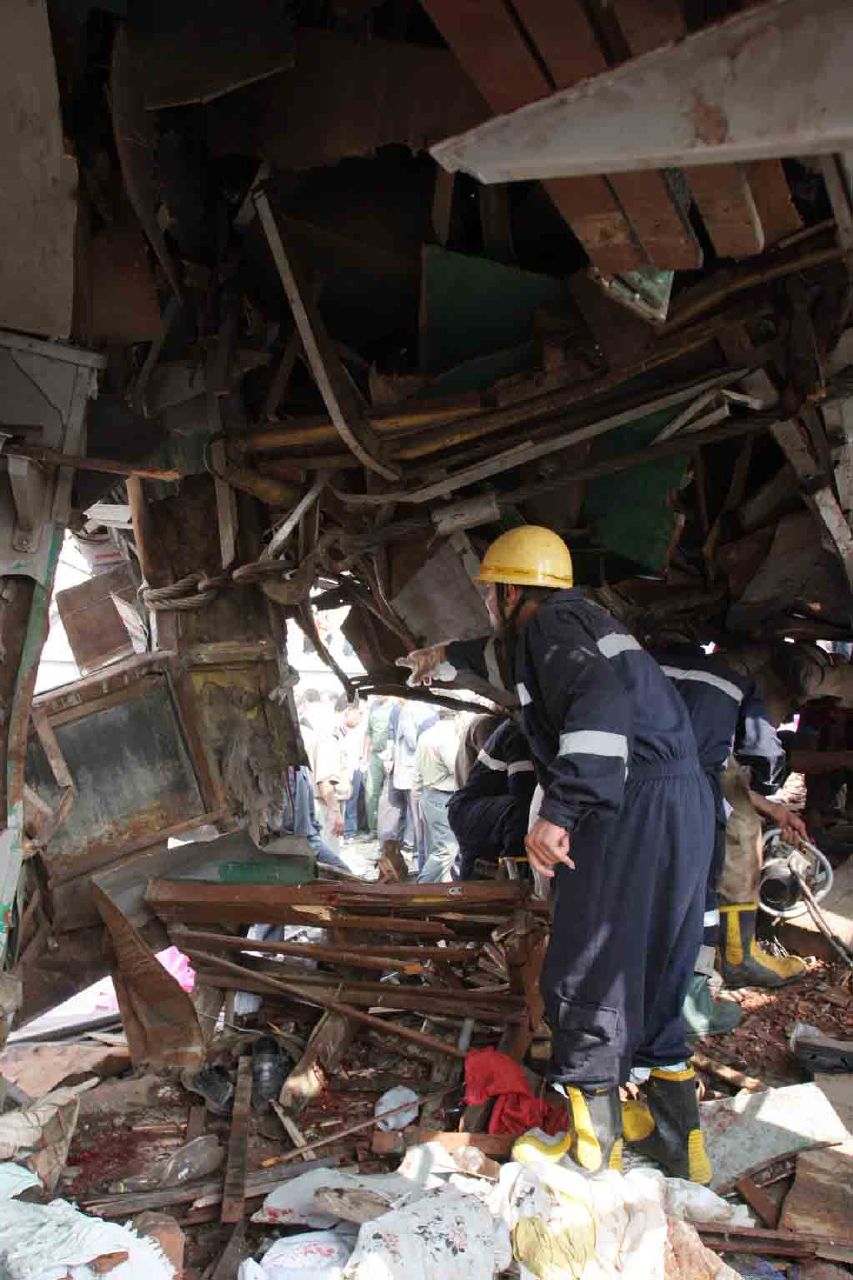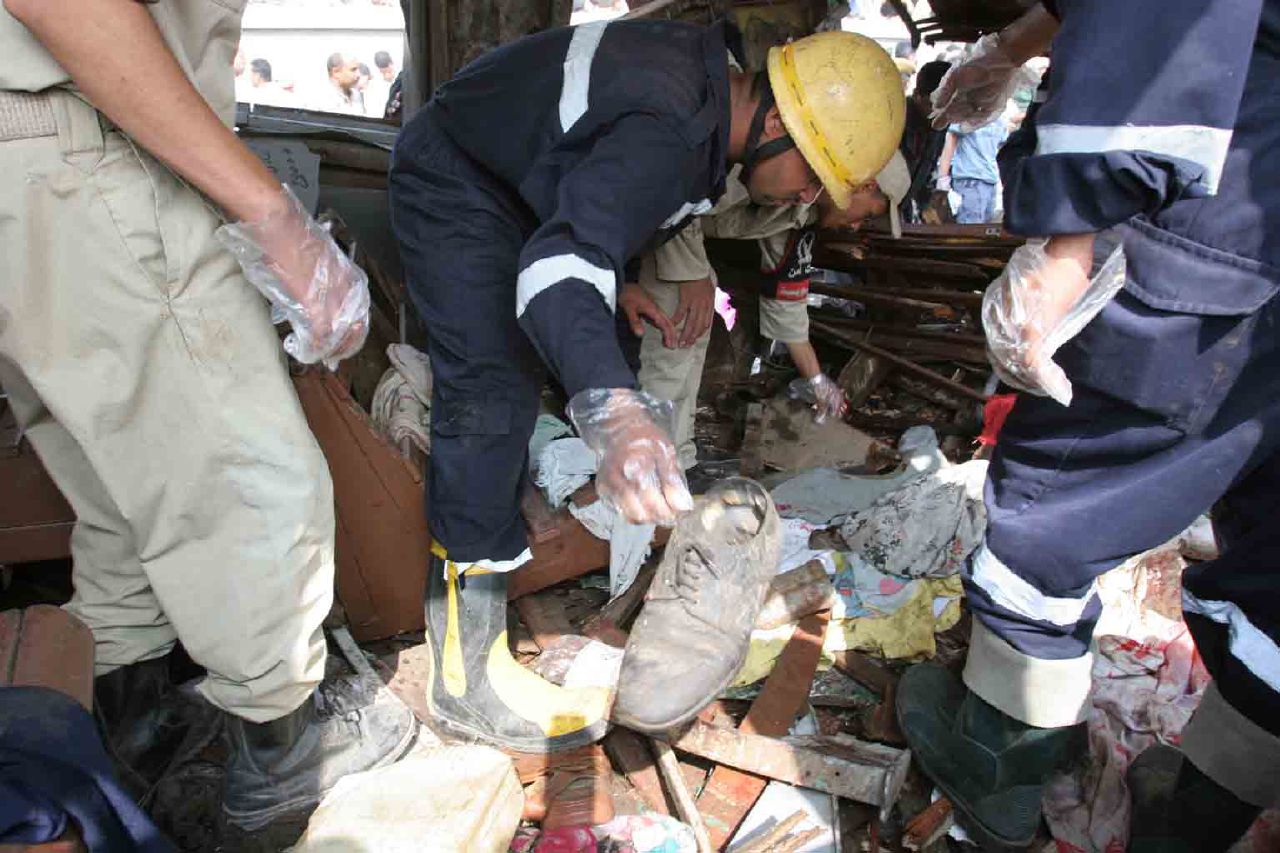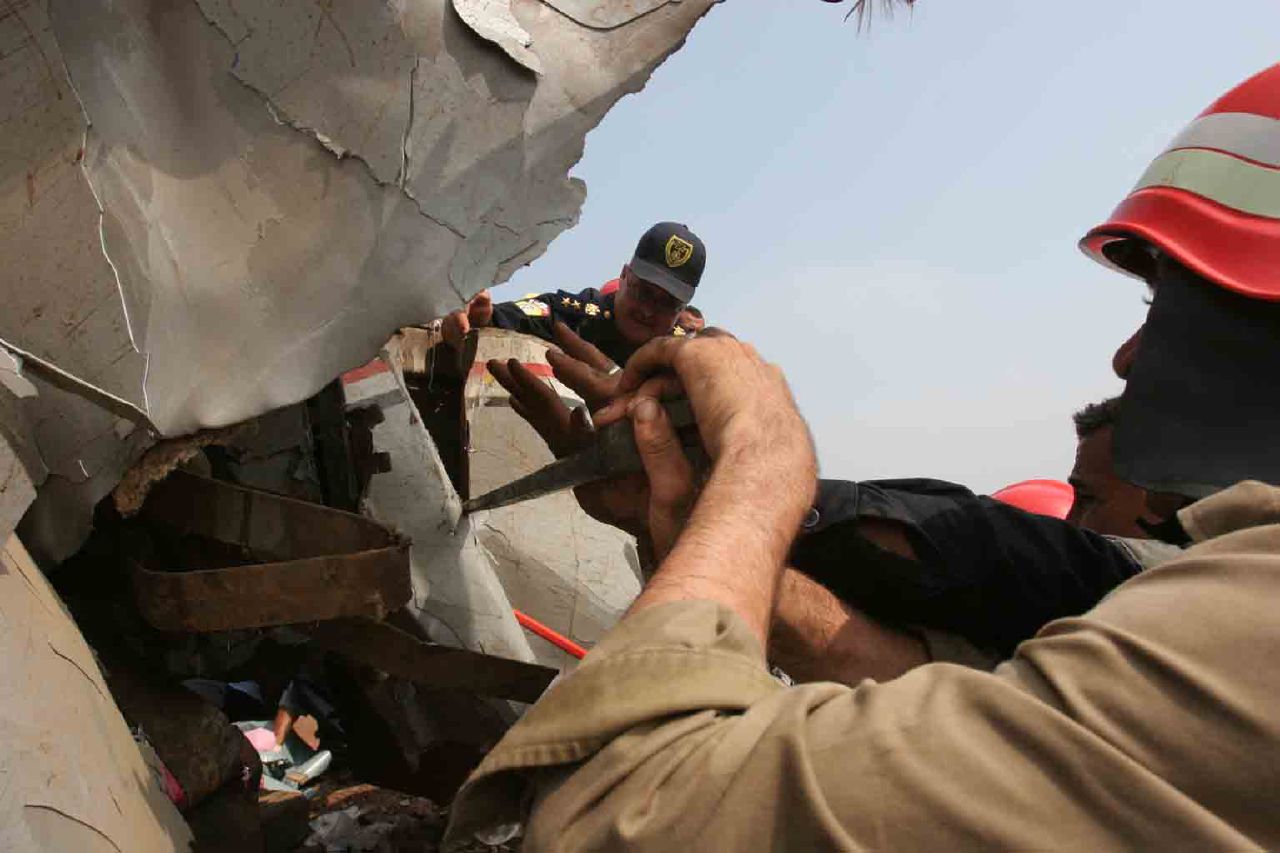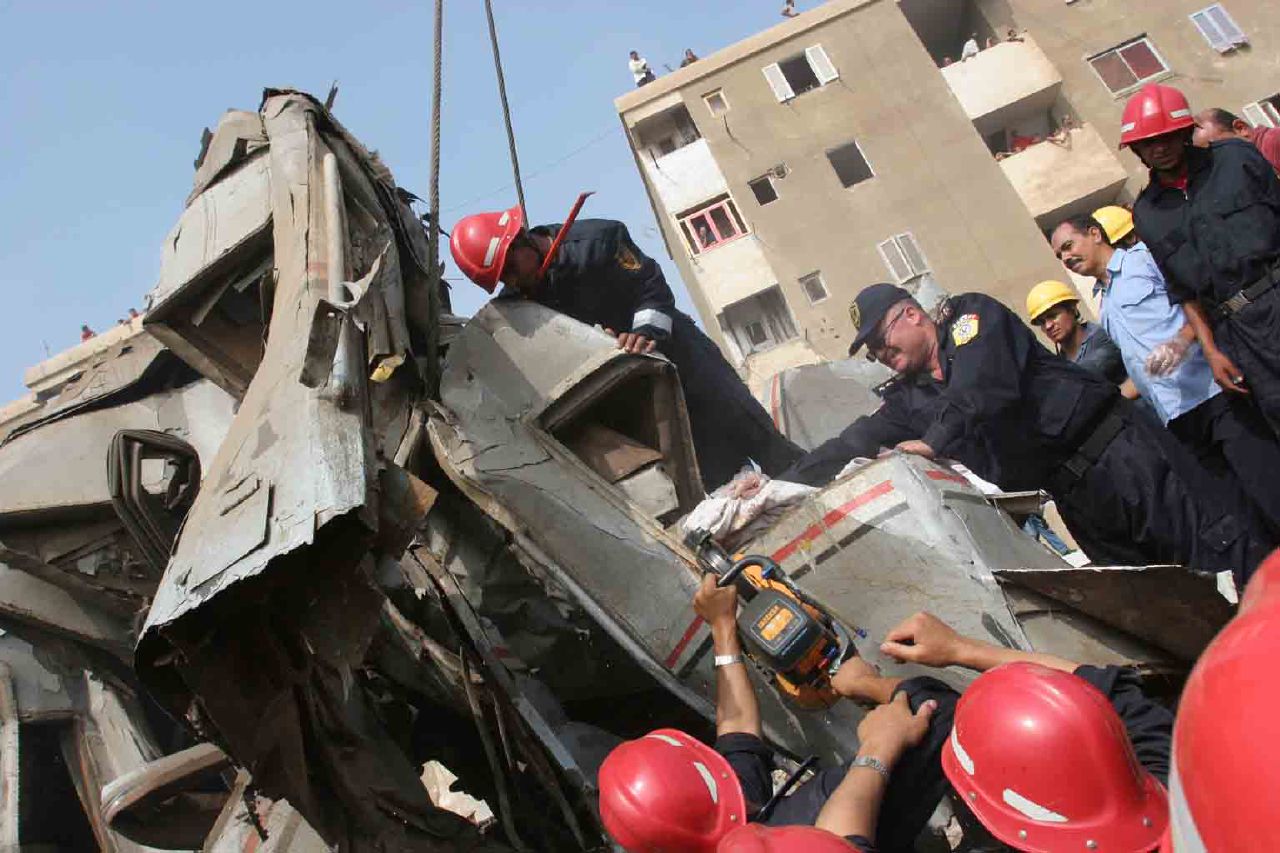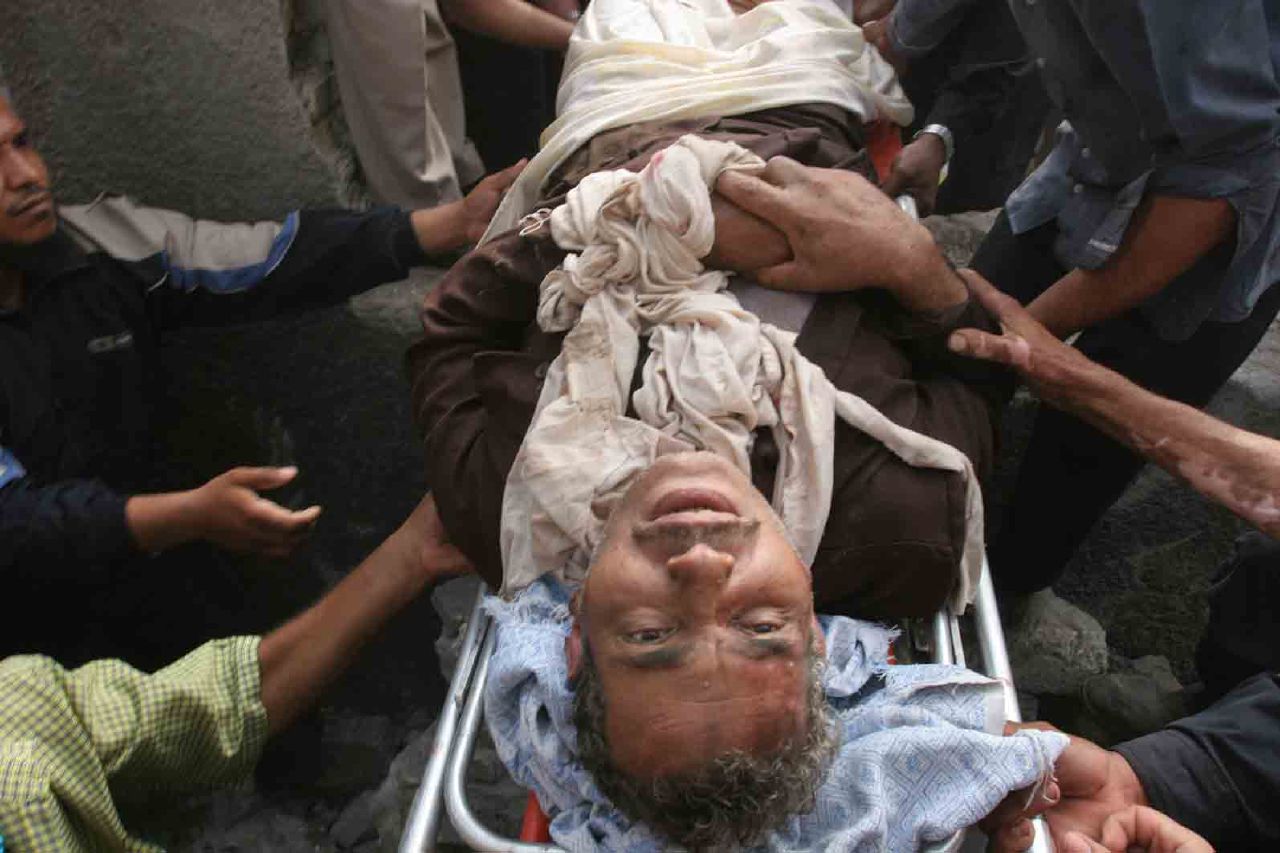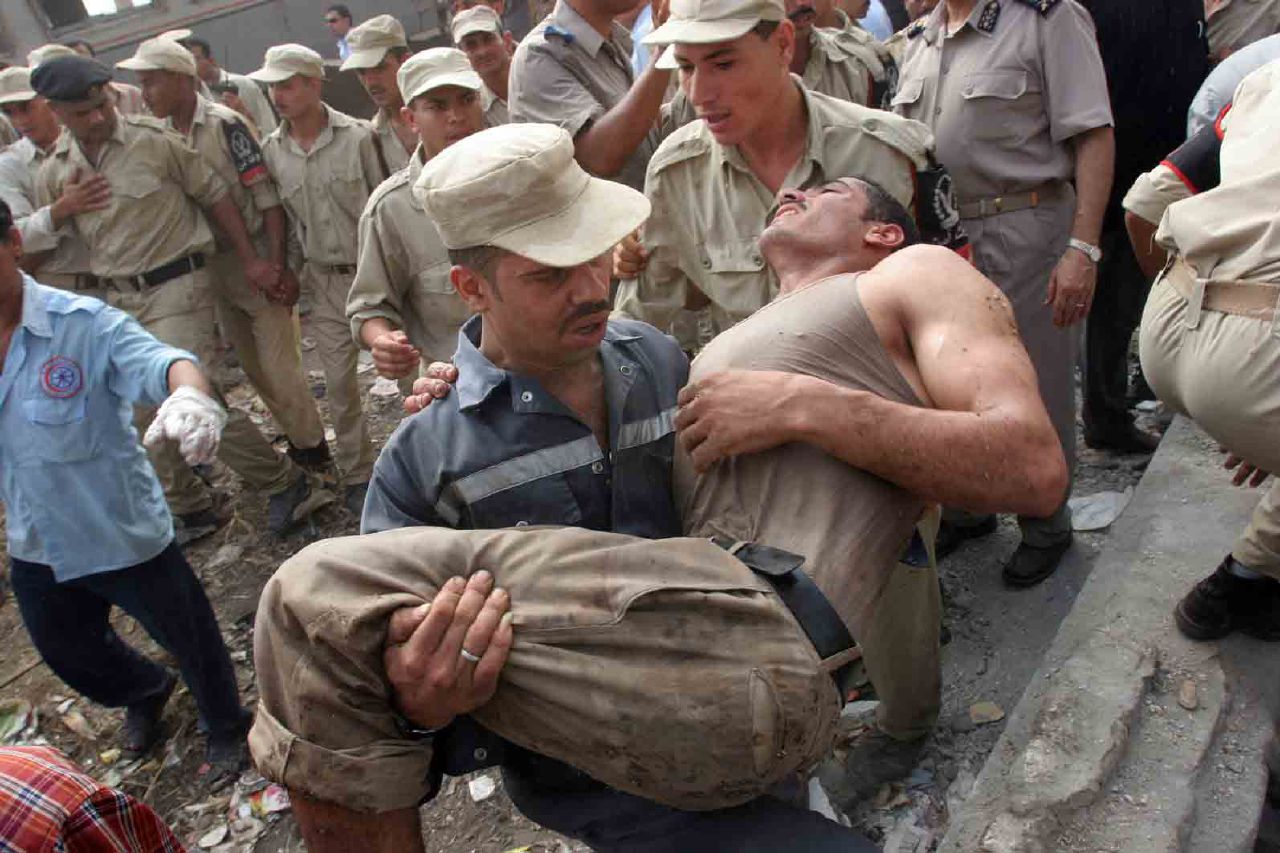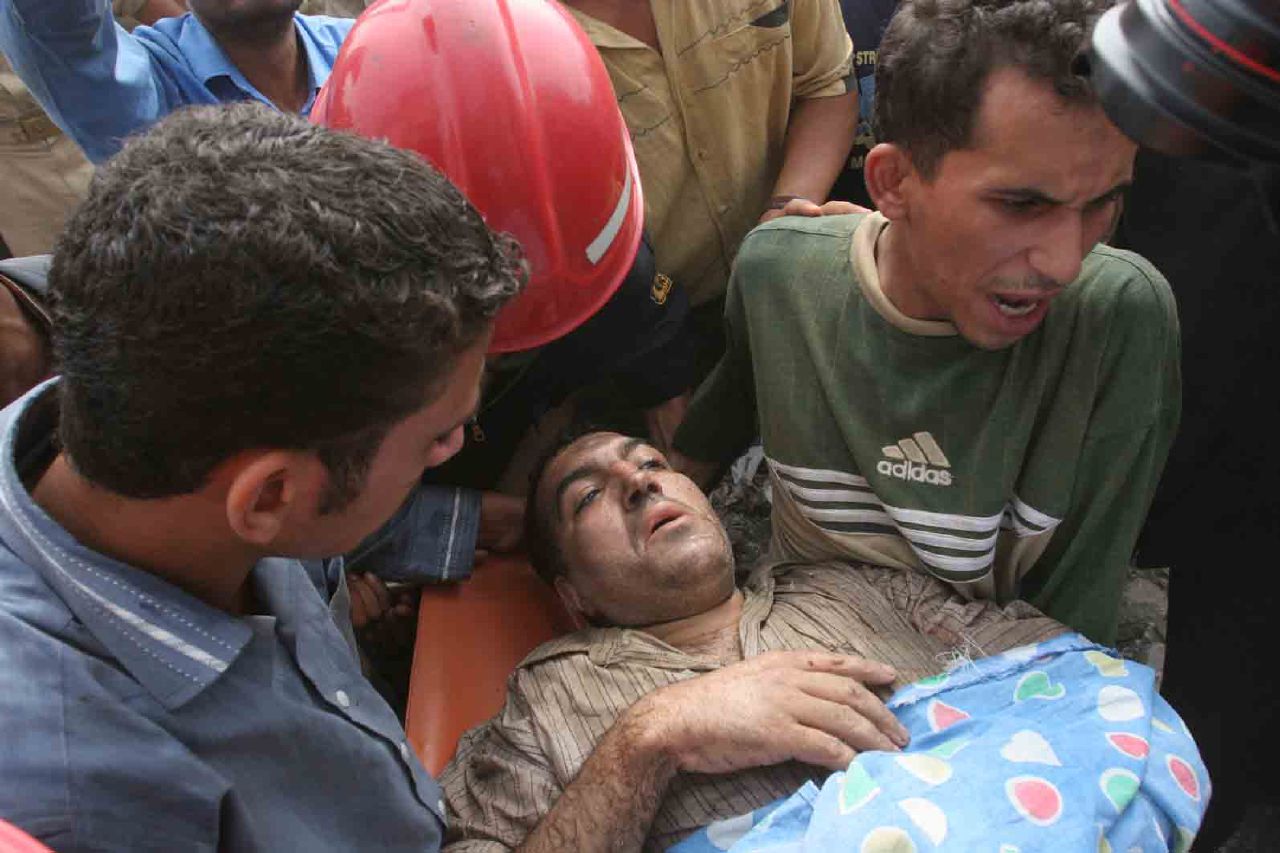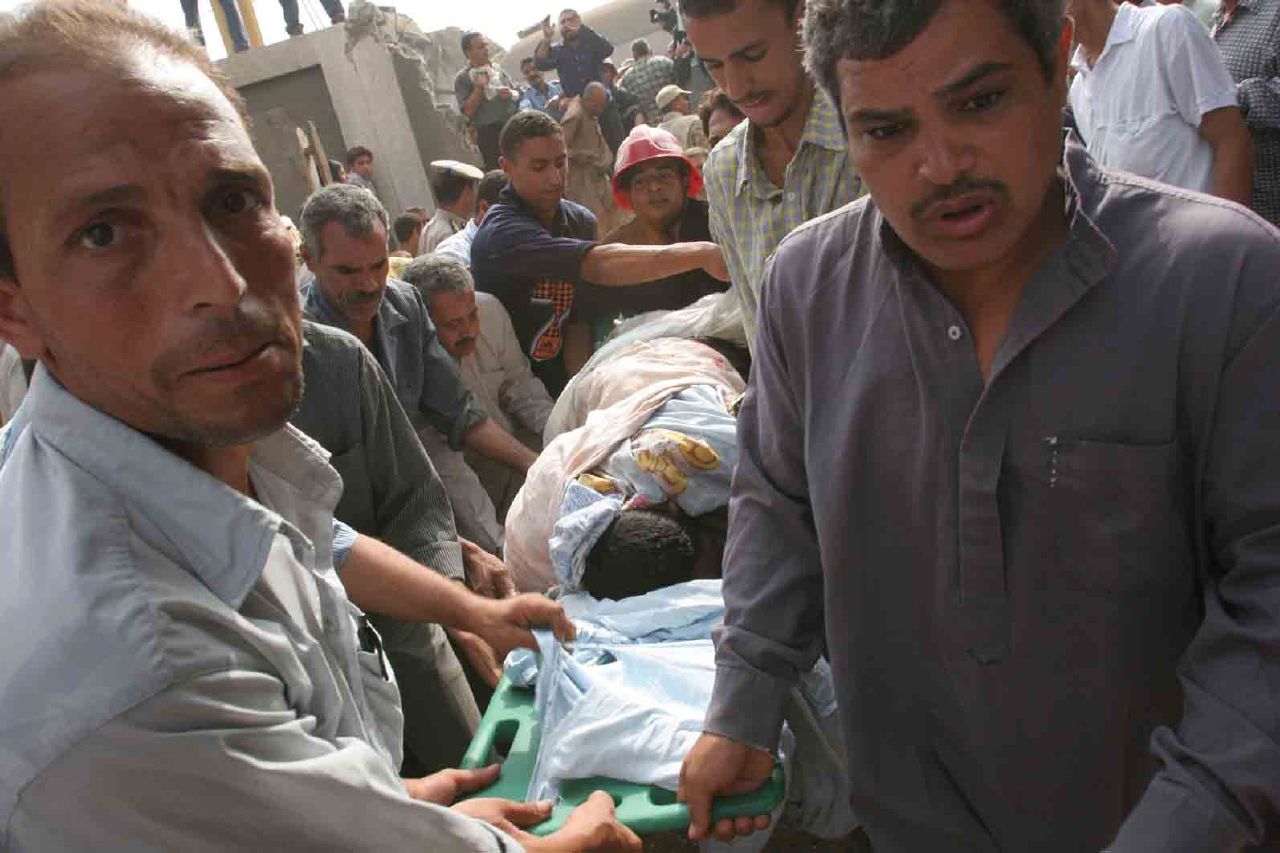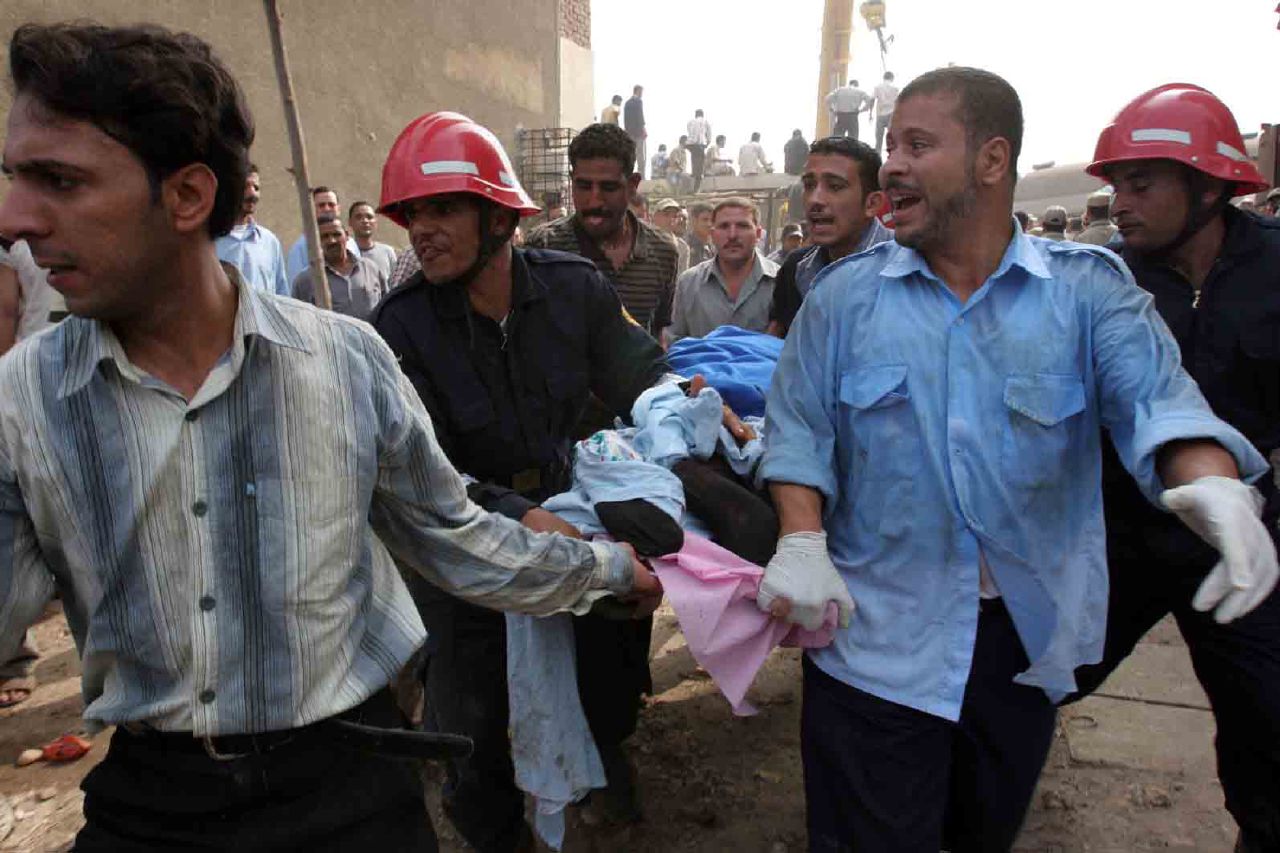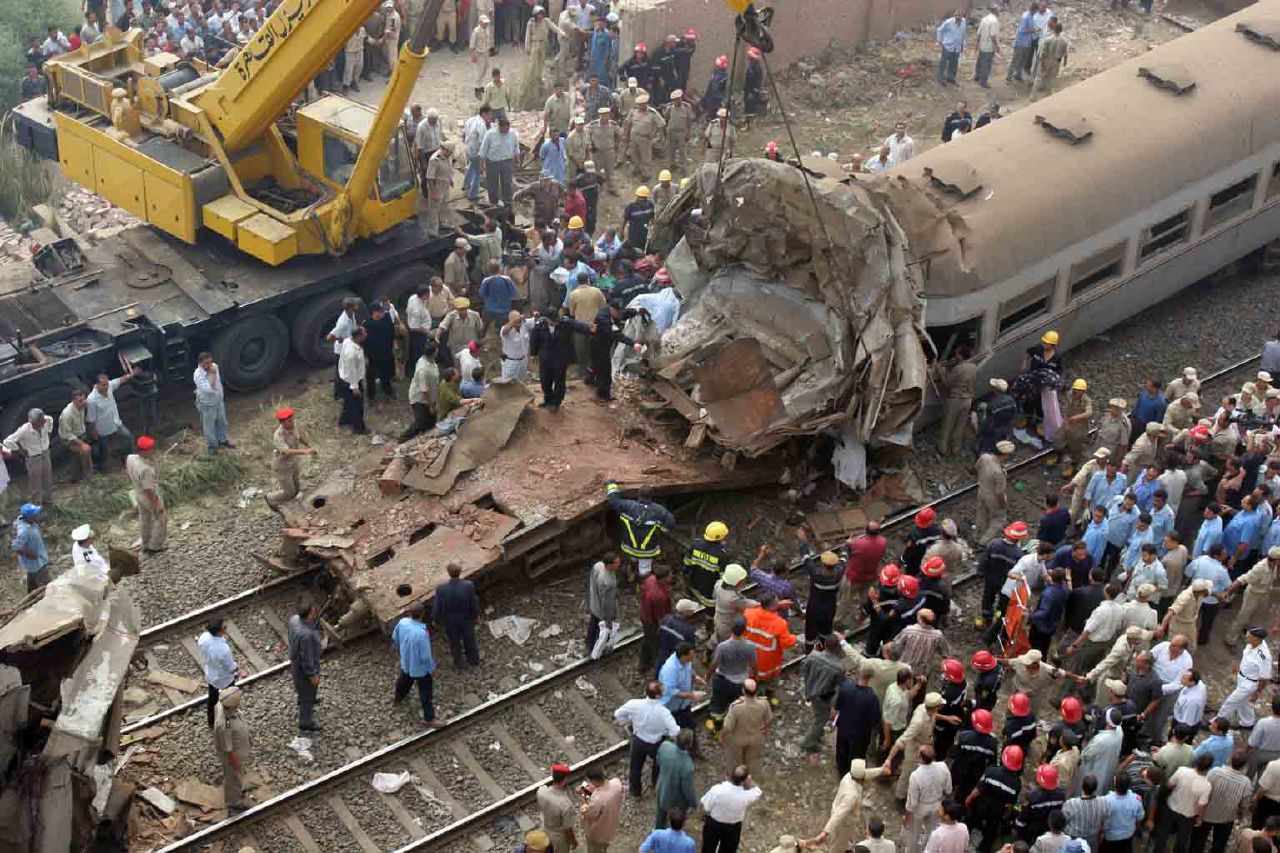A Reuters report by Summer Said about the recently announced crackdowns on alleged militants in Alexandria and the northern provinces:
Egypt arrests 95 over suspected militant links
CAIRO, Sept 5- Egyptian security forces have arrested close to 95 people suspected of links to Islamic militancy in sweeps north of the capital, security sources said on Tuesday.
The sources said 25 Egyptians were detained on Sunday in the Nile Delta city of Damanhour and about 70 others were arrested in the port city of Alexandria over the past two months.
Egyptian newspaper Al Masry Al Youm said the 95 detainees were suspected of having links to the global militant network al Qaeda. Security sources and a lawyer for some of detainees said those held were arrested after trying to access militant websites but denied they were linked to al Qaeda.
“The state security just arrested some people who were checking militant websites or websites affiliated to al Qaeda,” lawyer Mamdouh Ismail told Reuters.
Sources said police were searching suspects’ homes for militant literature.
Security sources provided few details about those detained, but one source said one of the detainees was an Egyptian in Alexandria who sought to travel to Iraq to fight U.S.-led forces.
On Friday, Egyptian police were searching for five suspected al Qaeda militants in the Sinai peninsula amid heightened security.
The spectre of militancy has recently returned to Egypt with three deadly attacks targeting Red Sea resort areas in Sinai over the past two years, attacks that Egypt has blamed on Sinai-based militants.
There had been previous cases like the Waad group, tried in 2001, where the govt accusations–of militancy and sending mujahideen abroad–were in my view total bogus. And it is likely those guys were just young Islamists surfing the web looking for militant websites and forums (that are all over the cyberspace by the way), and the government just trumped up the terror allegations, and portrayed them as a group.
That doesn’t mean however that the threat of amateur jihadis is non-existent.
The intifada, followed by the US-led onslaught on Afghanistan and Iraq have been acting as a radicalization–or at least politicization–factor among the Arab and Muslim youth. The internet is increasingly replacing the mosque as an “indoctrination ground” for militancy, as one London-based Islamist told me last year when I was covering the 7/7 bombings. Anarchist Cookbooks and “jihadi encyclopedias” are easily available for web surfers. And they indeed proved useful, according to court documents I saw or Islamist lawyers involved in defending the detainees told me, in the cases of the so-called “Allah’s Soldiers,” Al-Azhar bombers and the Sinai bombers.
I’m sure the internet could be useful for militants in downloading radical literature, manuals on bombmaking, etc.. but please give me a break, and don’t tell me they were shipping people into Iraq from Egypt using their internet connections. Most probably these kids, who sure might have sympathies for anyone who’s firing at Americans in Iraq, have emailed those militant webforums, saying stuff like “Rock on! Give the Americans hell” or something… but unless the security gives us some solid evidence those alleged militants were sending volunteers, not emails, to Iraq, then I am not buying these allegations.
